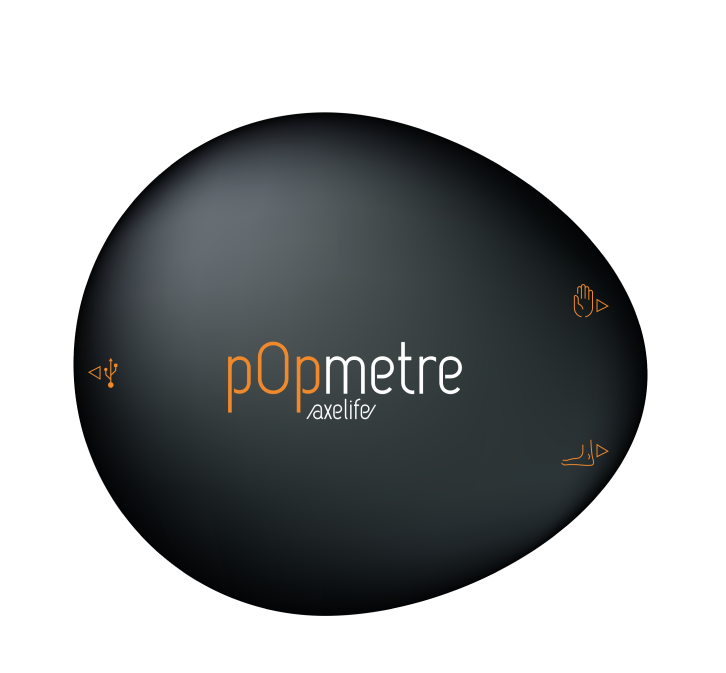Prevention of Cardiovascular Diseases: The Impact of Lifestyle and Physical Activity
Cardiovascular diseases (CVD) remain the leading cause of mortality in many countries. Two recent studies highlight the crucial role of lifestyle and physical activity in preventing and improving the prognosis of these diseases.
The Need for a Comprehensive Approach to Prevent Cardiovascular Diseases
CVDs are primarily caused by atherosclerosis, a condition strongly influenced by the Western lifestyle. Major risk factors include high cholesterol, high blood pressure, smoking, physical inactivity, overweight, and diabetes. While medications can help control these factors, they do not address their underlying causes, which are poor dietary habits and lack of physical activity.
The Importance of a Healthy Diet
Research indicates that CVD prevention relies on a balanced and appropriate diet. A heart-healthy diet follows several key principles:
- Reducing calorie intake and saturated fats (processed meats, fatty meats, butter) to lower body weight and LDL cholesterol levels.
- Ensuring sufficient omega-3 intake (from fish and certain vegetable oils), which helps reduce triglycerides and increase HDL-C levels.
- Increasing the consumption of fruits, vegetables, and whole grains.
- Limiting salt and alcohol intake. The Mediterranean diet, rich in these elements, is particularly recommended.
The Beneficial Effects of Lifestyle Monitoring and Modifications
A study conducted in the Landes region evaluated the impact of regular follow-ups on patients who had suffered an acute coronary syndrome. The results were significant: patients who received active follow-ups experienced fewer cardiovascular events, better management of their risk factors, and a reduction in hospitalizations. The study demonstrates that regular care, including dietary monitoring and guidance to increase physical activity, significantly improves patient outcomes.
Scientific evidence confirms that preventing cardiovascular diseases requires a healthy lifestyle. Rather than relying solely on medication, it is essential to promote a balanced diet and regular physical activity. Therapeutic education and medical follow-ups play a central role in this approach, enabling better prevention and reducing complications associated with CVDs.
